Islamabad High Court issues notice to AGP for judicial assistance in PECA law case
The Islamabad High Court issued a notice on Tuesday to the attorney general for Pakistan regarding judicial assistance in petitions challenging amendments to the Prevention of Electronic Crimes Act (PECA) as the journalists have planned to start a hunger strike outside newsrooms against the controversial law.Petitioners’ lawyers urged the court to suspend the implementation of an Act.
Presiding judge Justice Inam Ameen Minhas stated: “If there are any issues, please let us know; we are here.” He also mentioned miscellaneous applications.
The judge further added the court was notifying the AGP regarding the request to declare certain provisions of the law “null and void.” The petitioner’s lawyer requested, “We urge that this Act be suspended or its implementation be halted.”
Justice Minhas mentioned that the court was issuing the notice and would review the situation at the next hearing. The hearing of the case has been postponed.
On Monday, journalists announced that they would start a hunger strike against the controversial law which they described as “black law”. They have maintained that the government did not consult them before bringing amendments to the law.
President Asif Ali Zardari approved significant changes to the country’s cybercrime laws on January 29, despite widespread opposition from journalists and media organisations urging him not to endorse the law.
This decision came just a day after the Senate approved amendments to the PECA 2016, sparking protests among media workers nationwide.
Journalists have condemned the legislation as a direct “attack on freedom of expression” while the opposition Pakistan Tehreek-e-Insaf has criticised the swift passage of the bill through parliament. The Pakistan Peoples Party, which has faced accusations of hypocrisy for backing the bill, has suggested that further amendments may be made to address the concerns raised by journalists.
PECA amendment law
The federal government presented the PECA Amendment Bill, 2025 in the National Assembly on January 22. The amendment included the addition of Section 26(A), which imposes penalties on individuals found guilty of spreading “fake news” online.
“Whoever intentionally disseminates, publicly exhibits, or transmits any information through any information system, that he knows or has reason to believe to be false or fake and likely to cause or create a sense of fear, panic or disorder or unrest in general public or society shall be punished with imprisonment which may extend up to three years or with fine which may extend to Rs2 million or with both,” it stated.
In Section 26A of the amended law, the term has been explained as any information disseminated by a person that “he knows or has reason to believe to be false or fake and likely to cause or create a sense of fear, panic or disorder or unrest in general public or society”.
Under the law, the central office of the Social Media Protection and Regulatory Authority would be located in Islamabad, with offices also established in provincial capitals.
The amendment grants the authority the power to register and deregister social media platforms, set standards, and ensure user protection and rights while facilitating social media platforms.
The authority would have the power to initiate disciplinary action against social media platforms for violations of the PECA Act, as well as issue directives to relevant agencies to remove illegal content from social media. Individuals affected by illegal activities on social media would be required to submit their applications to the authority within 24 hours.
According to the law, the authority would consist of a total of nine members, including the interior secretary, the PEMRA chairman, and the PTA chairman (or a member designated by the PTA chairman). The chairman of the authority would be a person holding a bachelor’s degree with at least 15 years of relevant experience and will be appointed for a five-year term, along with five other members.
The government has also decided to include journalists in the authority. In addition to ex-officio members, two of the five other members will be a journalist with ten years of experience and a software engineer. A lawyer and a private sector IT expert would also be included.
To implement the amendment act, the federal government would establish a Social Media Protection Tribunal, chaired by a former high court judge. Journalists and software engineers would also be part of the tribunal.

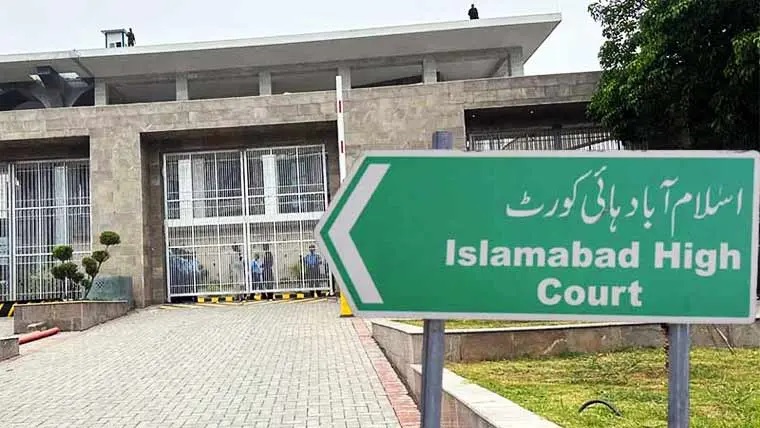
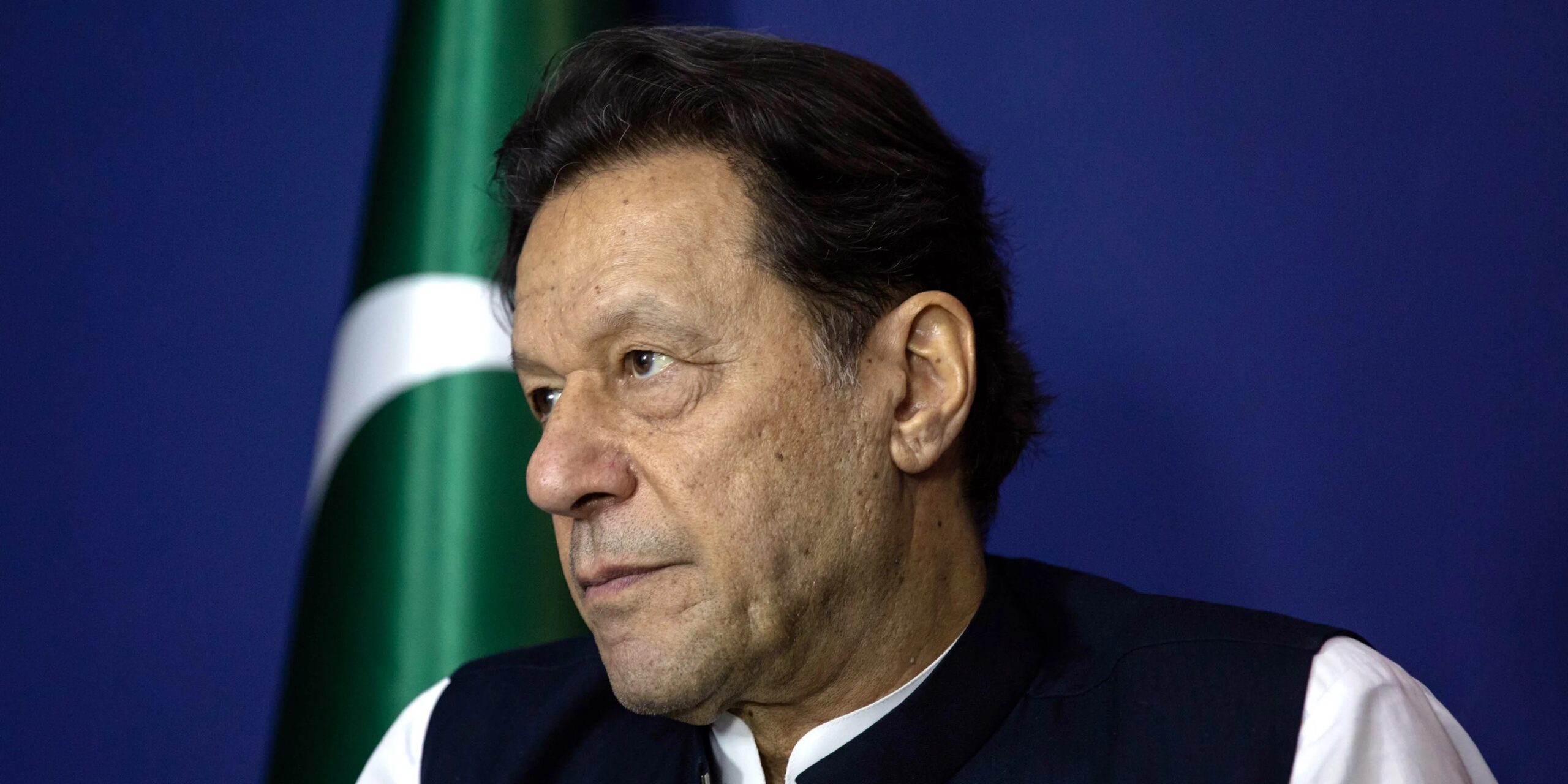











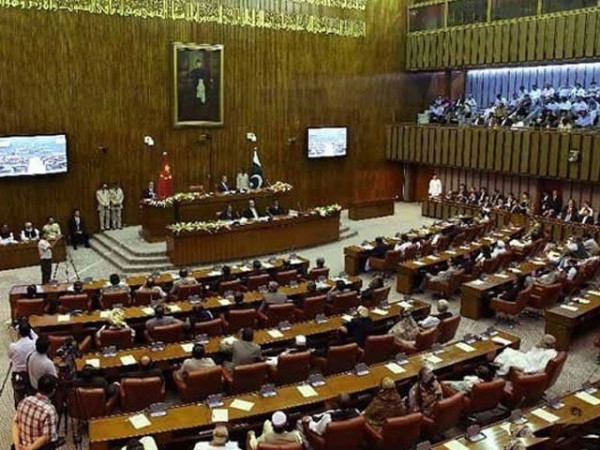



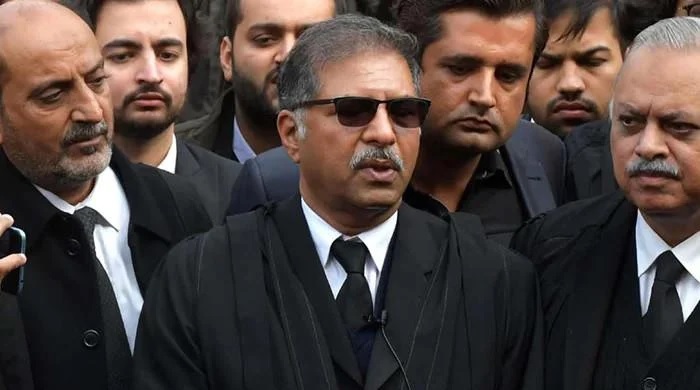

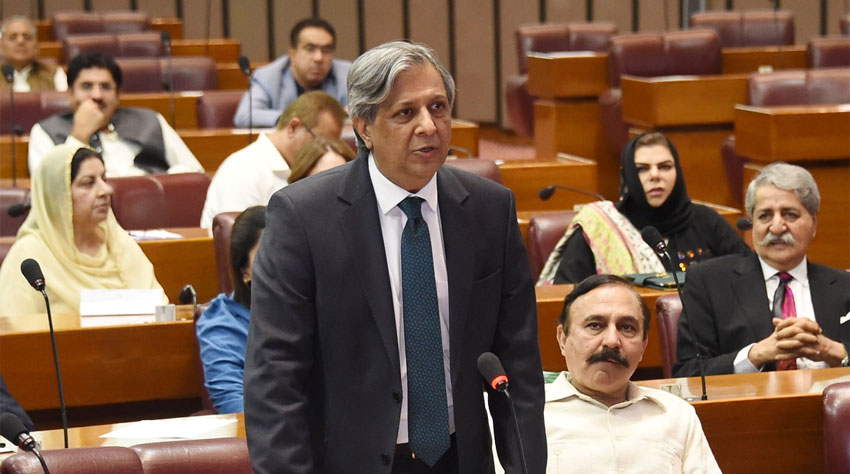
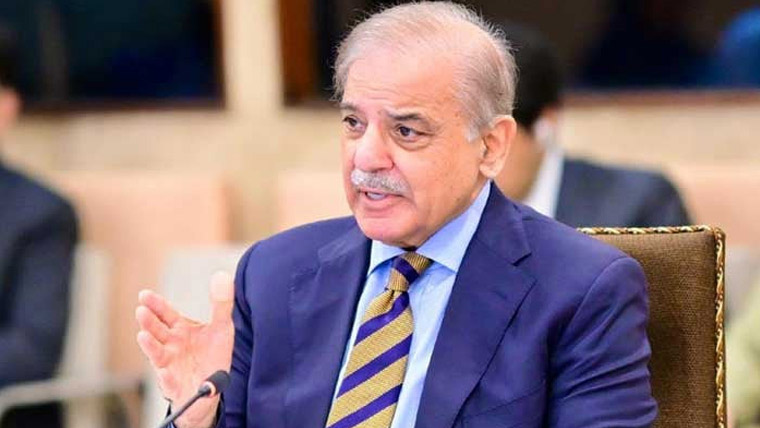
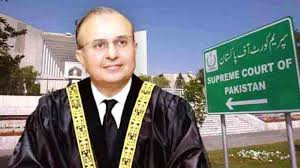


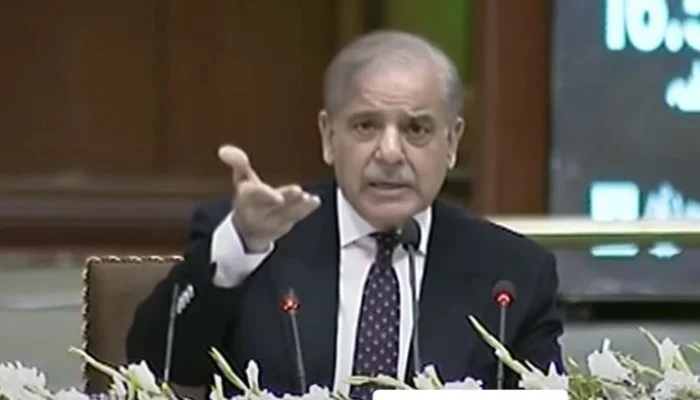


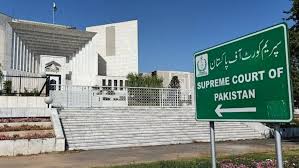
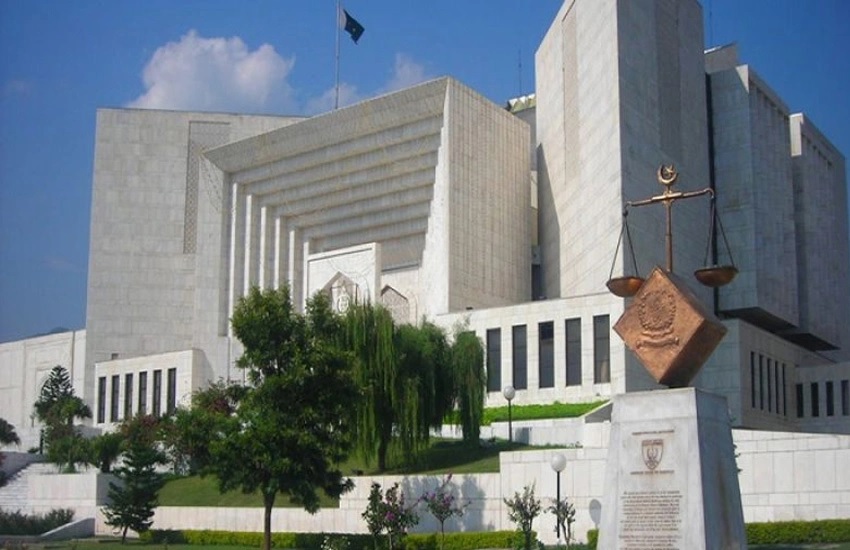

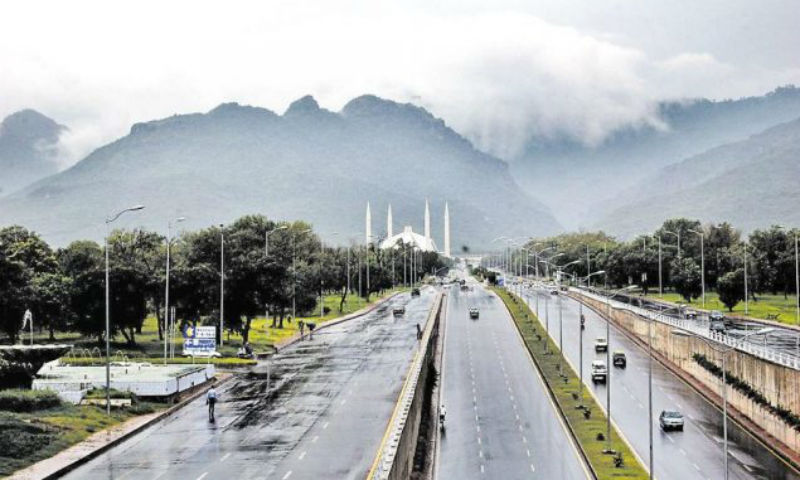


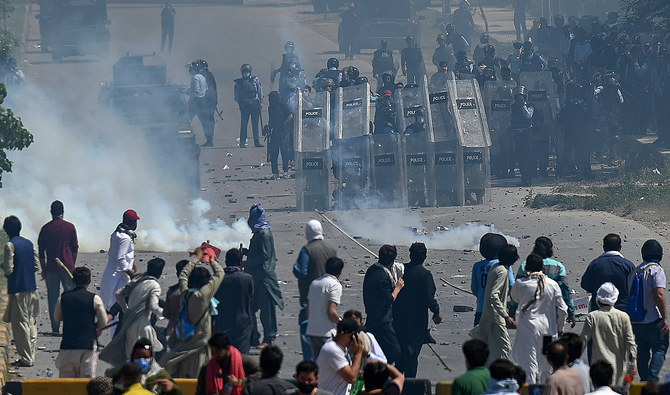



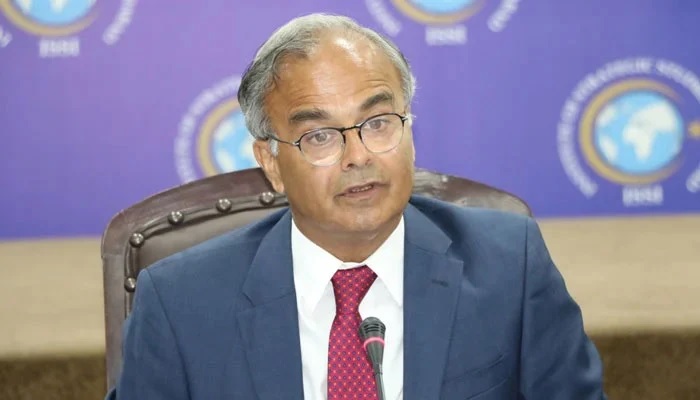

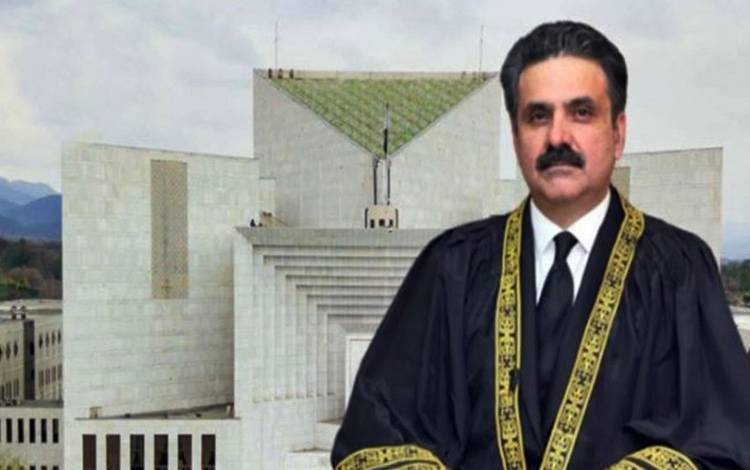

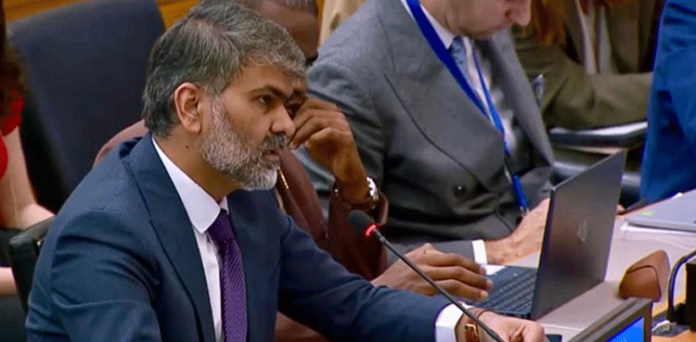




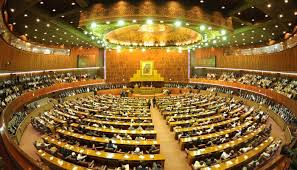
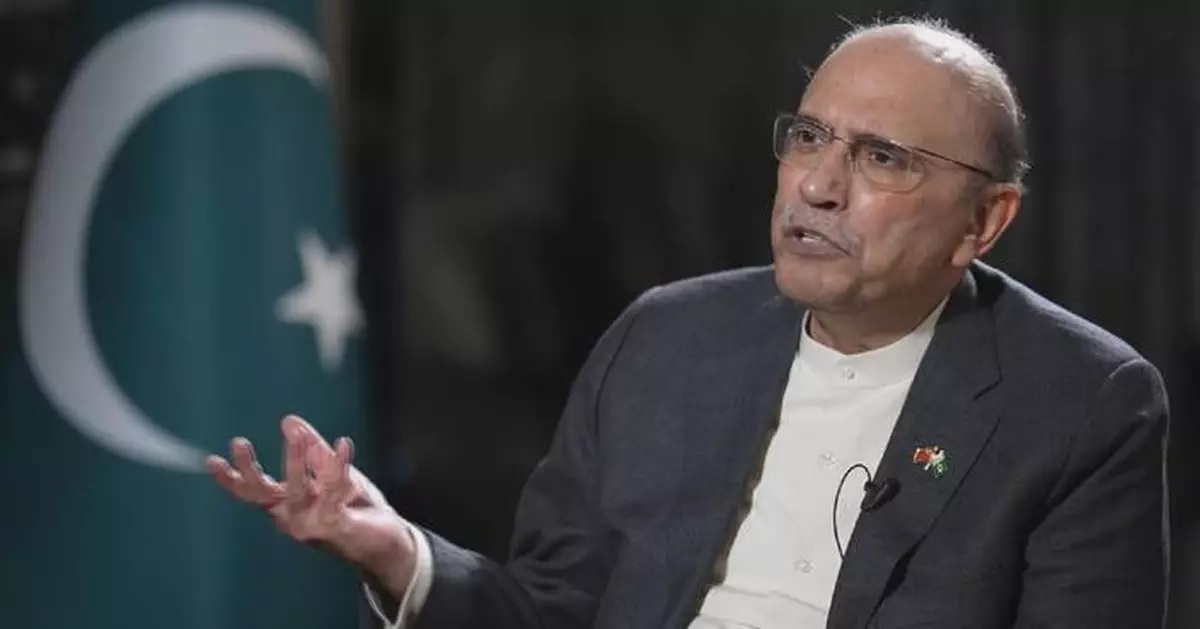


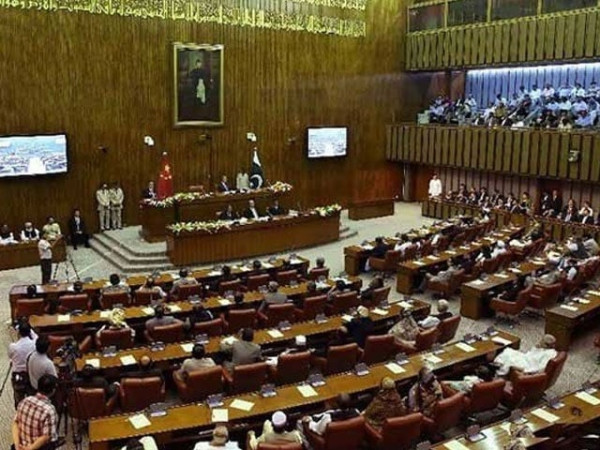
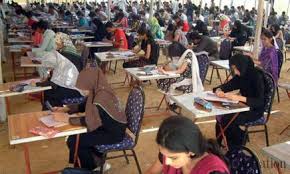
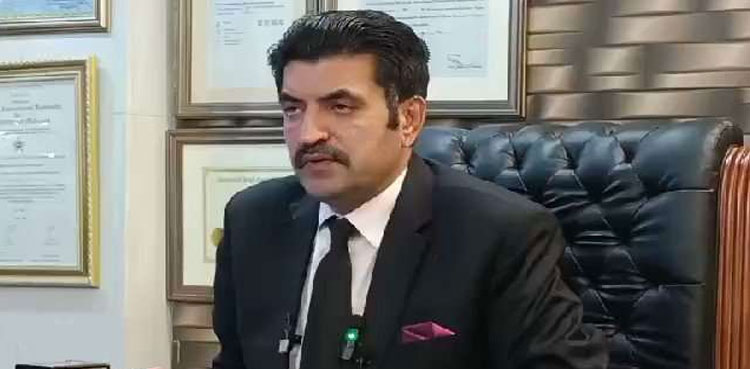
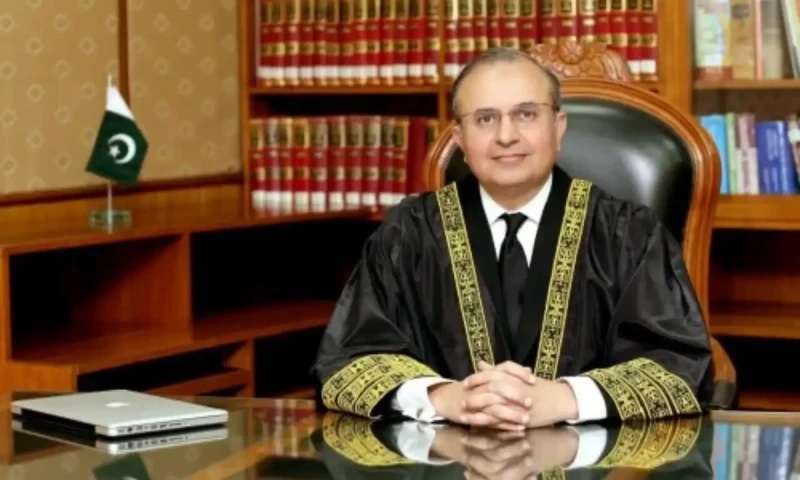
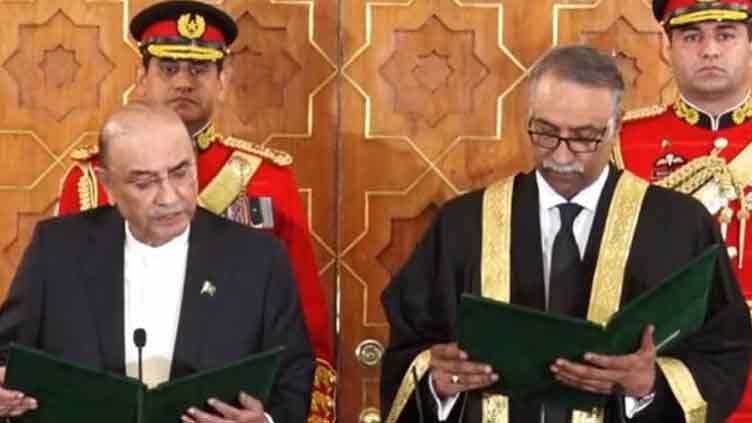
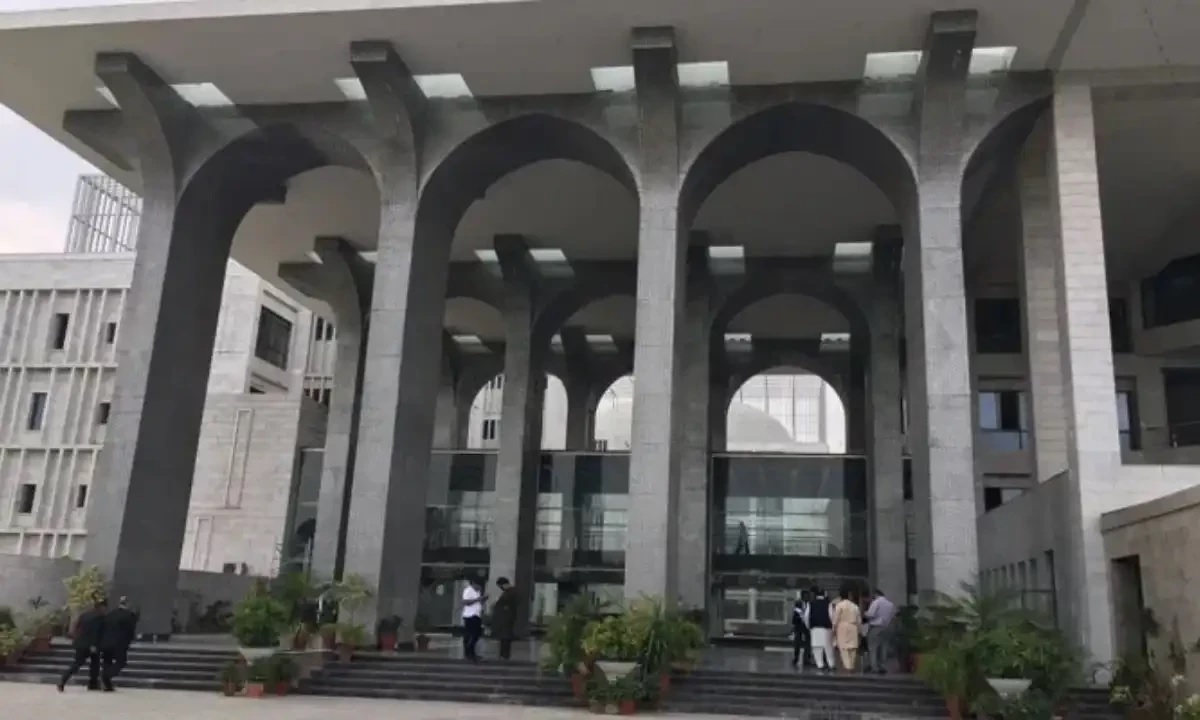
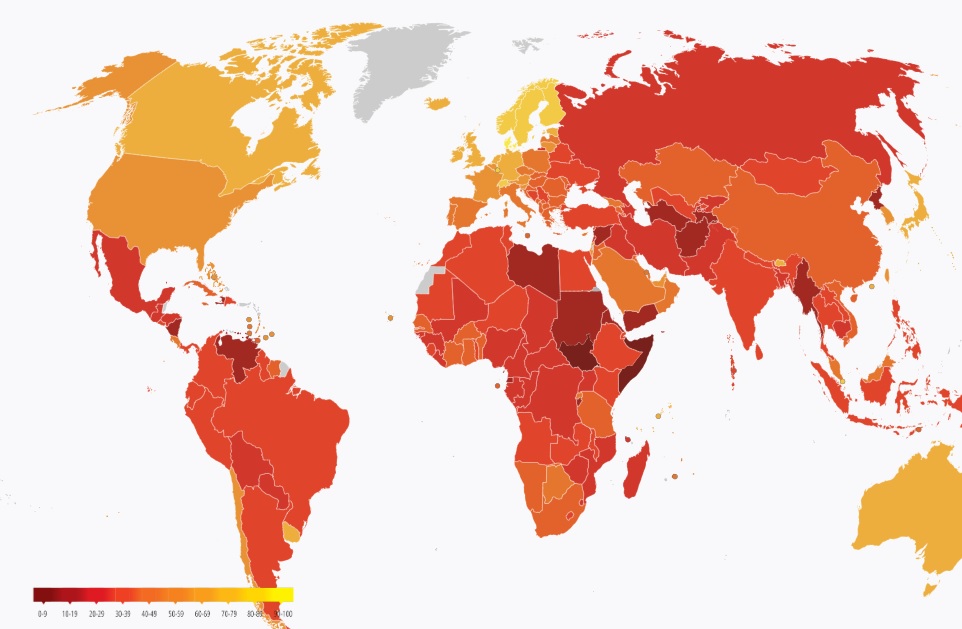


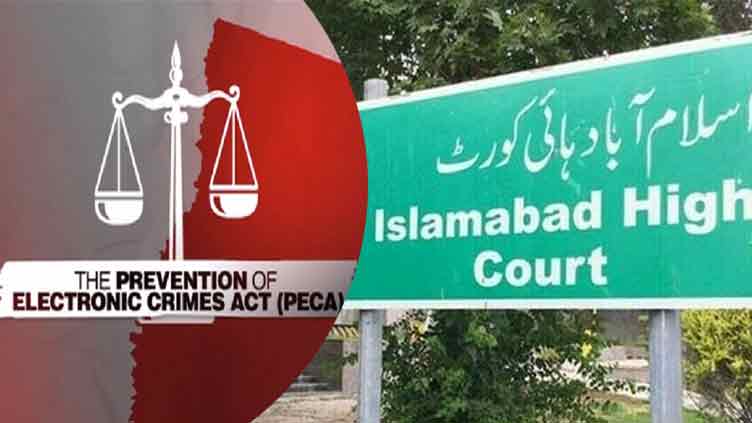
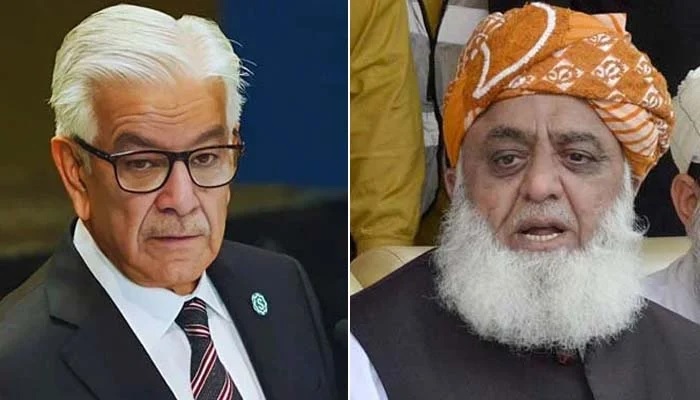

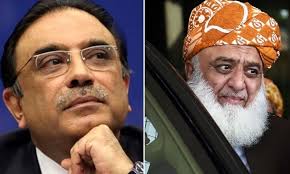
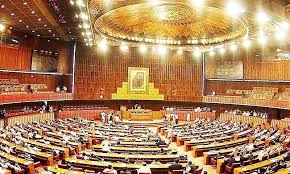

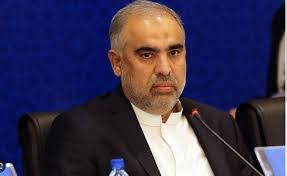

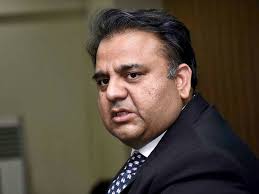



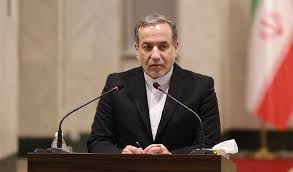

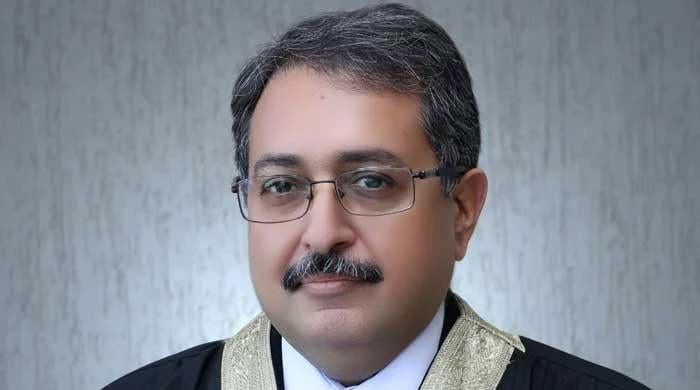
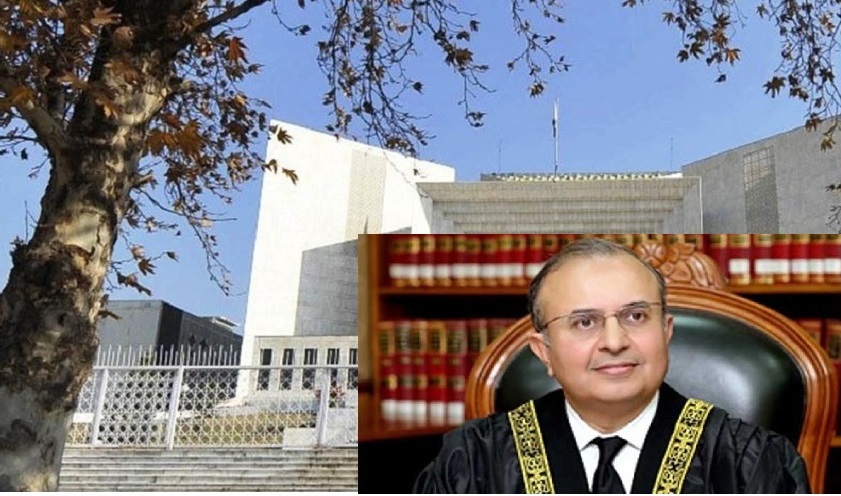

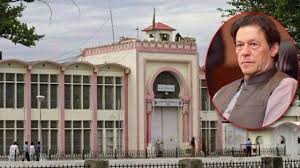
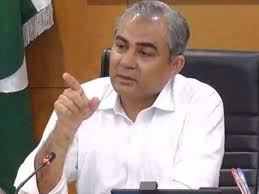
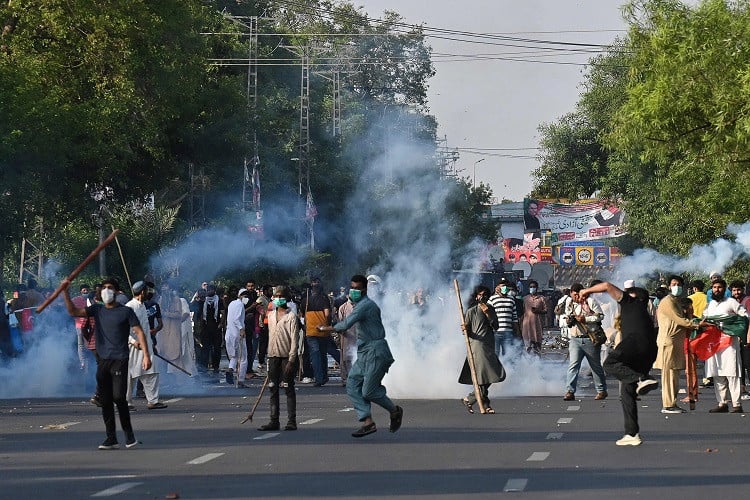

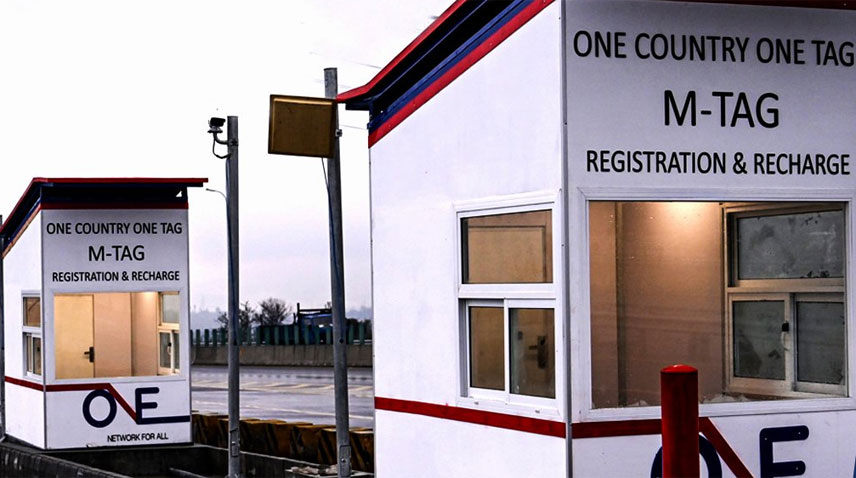
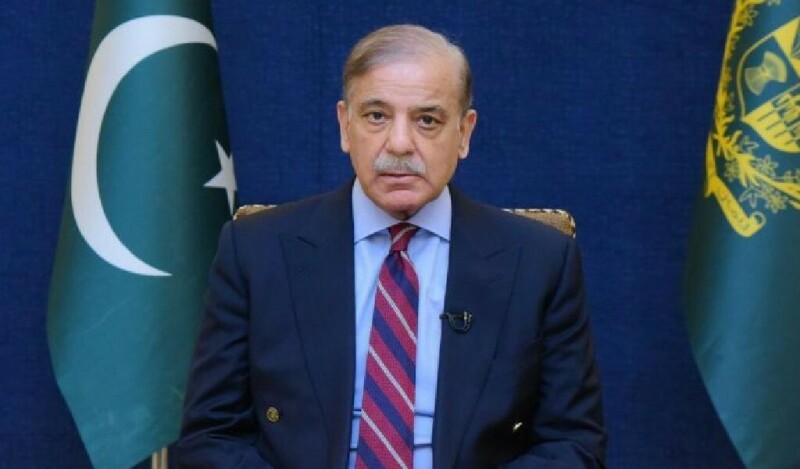


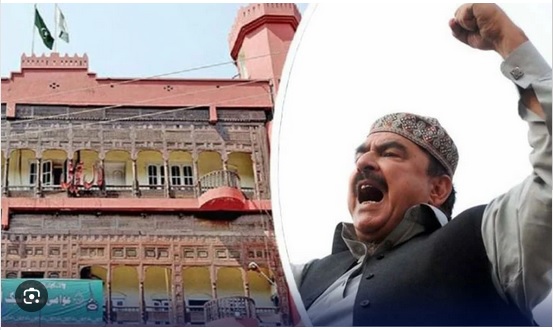
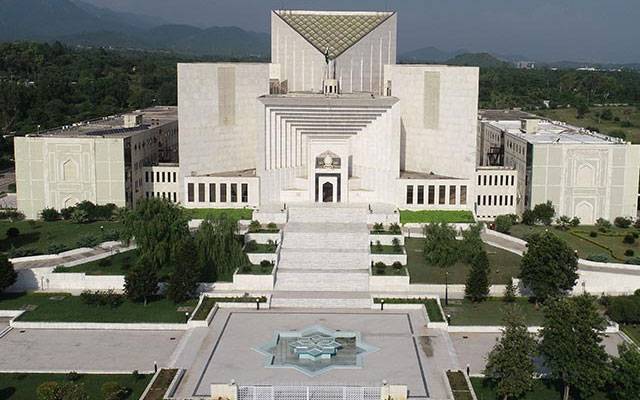

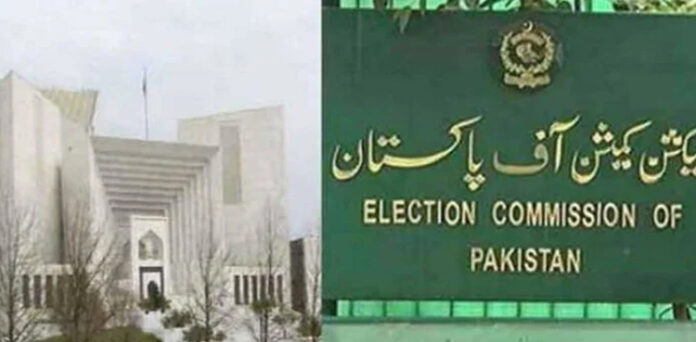
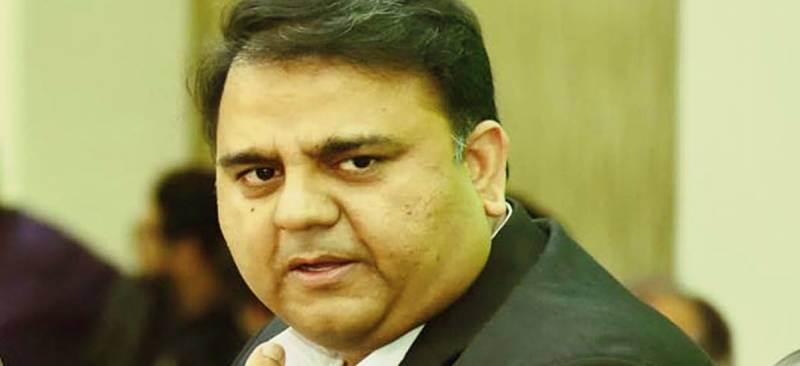


Leave A Comment